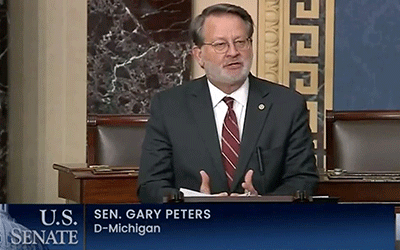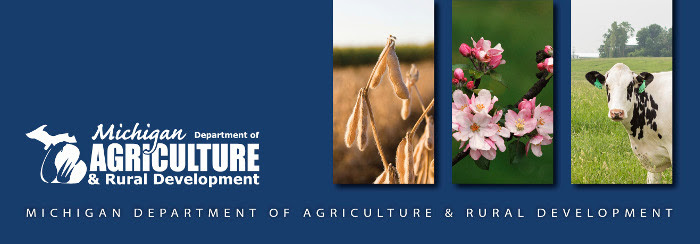
What’s in the Budget to Grow Michigan’s Economy

FOR IMMEDIATE RELEASE July 10, 2023 Contact: [email protected]
What’s in the Budget to Grow Michigan’s Economy
LANSING, Mich – Governor Whitmer has worked with legislators to pass a balanced, bipartisan state budget for Fiscal Year 2024 focused on growing the economy, lowering costs, delivering on kitchen-table issues, and helping anyone “Make it in Michigan.”
The budget delivers on several priorities in the ‘Make it in Michigan’ plan, from the first steps towards Pre-K for All and bold expansions of workforce development programs to sustainable resources to build more housing, community development projects, and manufacturing facilities, and funds to help attract cutting-edge investments creating good-paying jobs.
“I want every person, business, and community to know that they can make it in Michigan,” said Governor Whitmer. “Right now, we have the economic momentum, with 82,000 jobs added year over year, unemployment below 4% for only the third period since the 1970s, and more than $16 billion of investment and 16,000 jobs secured with our bipartisan economic development tools. The recent, bipartisan budget will build on this momentum with several more investments to win more projects, invest in people, and revitalize places. With our comprehensive ‘Make it in Michigan’ budget and cohesive strategy, we will keep moving Michigan forward and building a bright future together.”
Governor Whitmer and the Legislature are focused on helping anyone ‘Make it in Michigan.’ This comprehensive vision for economic development is focused on bringing projects home, investing in people from preschool through postsecondary, and revitalizing places to make them more attractive to live, work, and invest. Over the last 18 months, the state’s powerful bipartisan economic development tools have helped bring home over $16 billion of projects and secure 16,000 jobs building electric vehicles, batteries, semiconductors, and clean energy. Earlier this year, the governor signed bipartisan legislation making record investments in housing, community revitalization, and blight elimination.
“Traverse Connect is thrilled to see continued investment in talent development programs like Michigan Reconnect in this budget, along with new incentives for research and development to help keep our state on the cutting edge of freshwater innovation,” said Warren Call, President and CEO of Traverse Connect.
“As we stand at the cusp of the most transformative time in the history of manufacturing, there is perhaps nothing more impactful to the future success and prosperity of Michigan and its citizens than a thriving manufacturing sector. And there is nothing more critical to a thriving manufacturing sector than a robust and skilled workforce,” said John J. Walsh, President & CEO of the Michigan Manufacturers Association (MMA). “Funding for programs like Going PRO Talent Fund, Michigan Reconnect will serve to expand and bolster Michigan’s manufacturing talent base to attract and maintain manufacturing capital investment and high-paying careers. The budget leverages federal dollars to support growth in manufacturing for semiconductors, hydrogen hubs, and clean manufacturing. Increased focus on infrastructure supports the growth of commerce. Increased funding on permitting in EGLE will help move new investment into production faster. In addition, the creation of a much-needed Research & Development tax credit will keep Michigan manufacturers on the leading edge of innovation.”
Fiscal Year 2024 Investments to ‘Make It in Michigan’
Projects
People
Places
|








 The boat landing events are part of the tenth annual Aquatic Invasive Species (AIS) Landing Blitz in which local partners such as lake associations and cooperative invasive species management areas (CISMA) give boaters tips to prevent the spread of invasive species and comply with recently-updated laws for recreational boating. The
The boat landing events are part of the tenth annual Aquatic Invasive Species (AIS) Landing Blitz in which local partners such as lake associations and cooperative invasive species management areas (CISMA) give boaters tips to prevent the spread of invasive species and comply with recently-updated laws for recreational boating. The  AIS Awareness Week is sponsored by EGLE’s Water Resources Division, in partnership with the departments of Natural Resources and Agriculture and Rural Development, federal agencies, and private and nonprofit organizations. For more information about AIS Awareness Week or the AIS Landing Blitz, visit Michigan’s invasive species web site at
AIS Awareness Week is sponsored by EGLE’s Water Resources Division, in partnership with the departments of Natural Resources and Agriculture and Rural Development, federal agencies, and private and nonprofit organizations. For more information about AIS Awareness Week or the AIS Landing Blitz, visit Michigan’s invasive species web site at 
